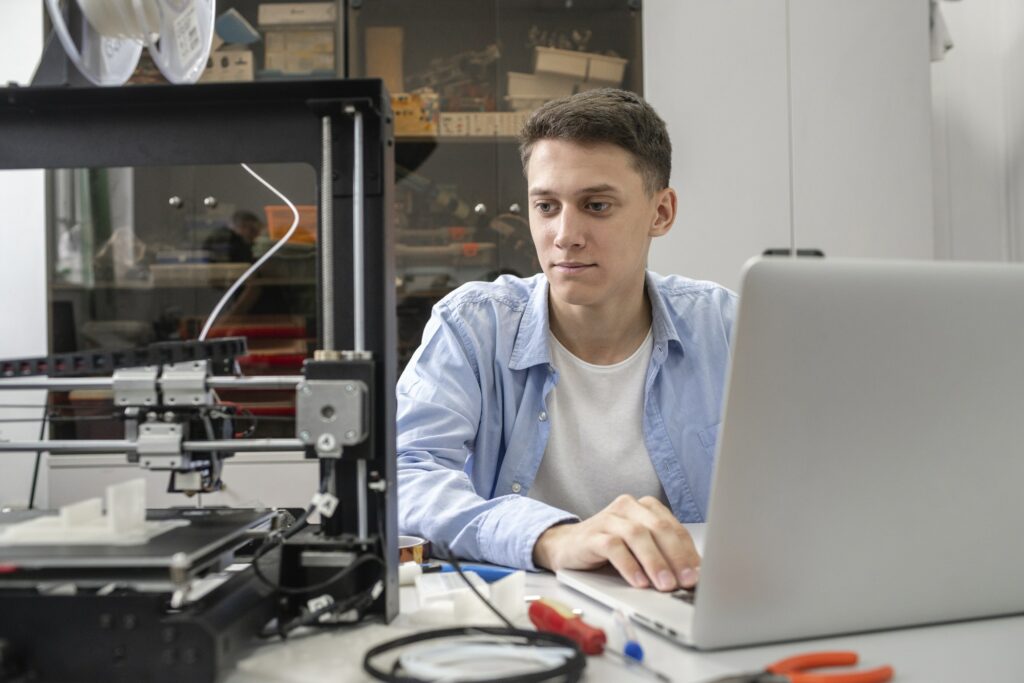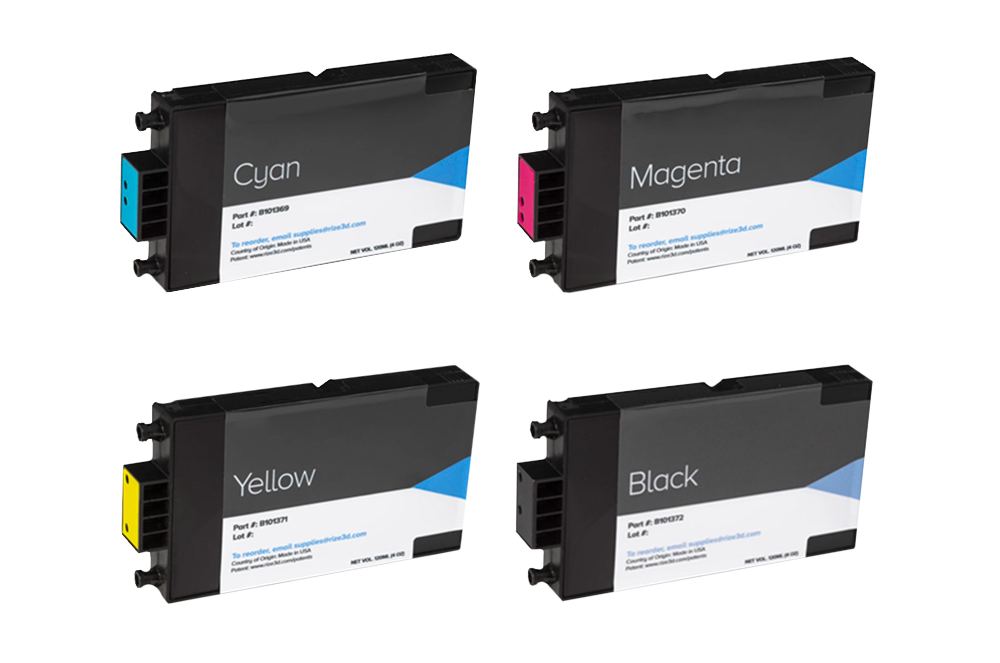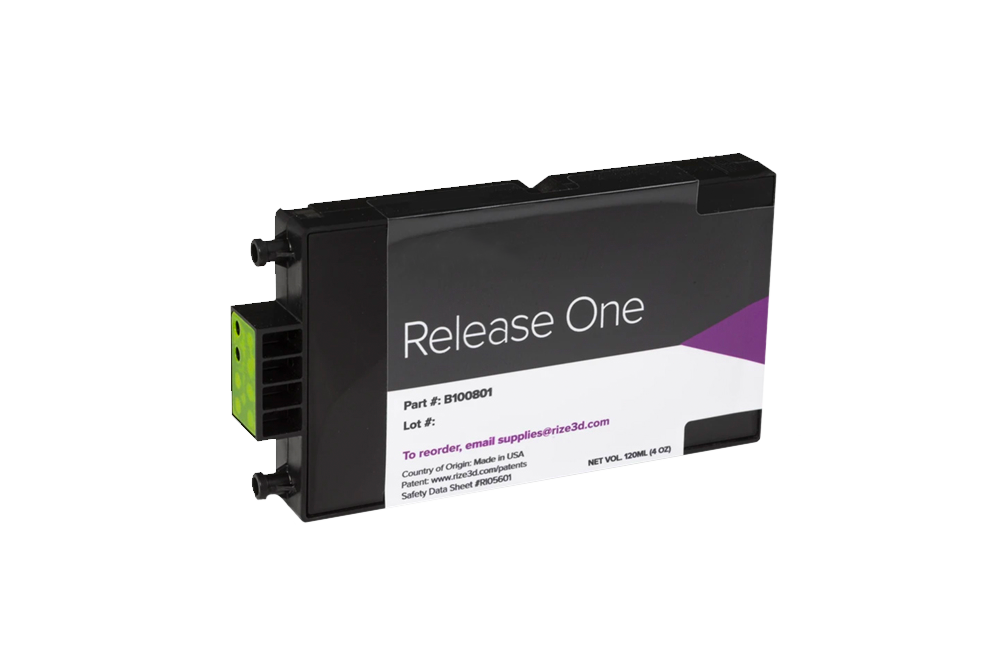
Most 3D printer filament is hygroscopic meaning it is susceptible to absorbing moisture which causes part inconsistency, failed prints and can even cause printer damage.
Palitra filament is non-hygroscopic so moisture isn’t absorbed. This eliminates several common issues with 3D printing.
Part warping or curling ruins parts and can even damage your 3D printer. Walking away from a long print job only to return to a failed print is extremely frustrating and stops productivity.
Palitra filaments utilize internal fibers that help bond layers together keeping them flat to reduce curling & warping.
Weak and brittle materials severely limit the functionality of printed parts. If you intend on using parts as prototypes, tools or end-use parts, durability is key.
Palitra filaments are filled with either glass or carbon fiber providing you with incredible strength and durability.
The weakest point in any filament-based 3D printed part is in the z-axis. That is because each layer is stacked on top of the next so layer adhesion is critical.
Palitra filaments utilize advanced material properties along with the added fibers to fuse layers together.

Air Quality
This filament passed extensive air quality testing by UL on multiple 3D printers by large margins. It showed very little off-gassing and particulate emissions.
Raw Materials
Each component used to manufacture Palitra filament was chosen for both performance and safety.
Caution
Palitra composites are abrasive, and we recommend using 3D printers with hardened extruders and hardened nozzles such as the Mosquito extruders from Slice Engineering.

RIZIUM™ color inks unlock the power of color in your composite 3D printed parts. Print vivid and colorful product mockups, work instructions, QR codes, represent different production materials with color, print anatomical models, and anything else you can imagine.

Jetted between the part and its support structure, Release One is a repelling agent that weakens the bond between the part and the support structure, making support removal faster and safer. Release One also preserves a smooth post-release surface finish which is essential to achieving good color on those surfaces.
Discount applied when items are added to cart
© 2023 Palitra, LLC. | All Rights Reserved.